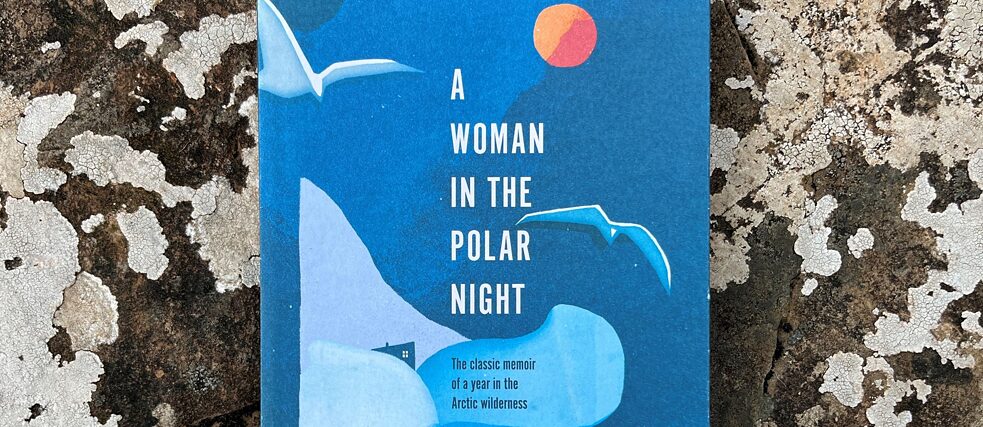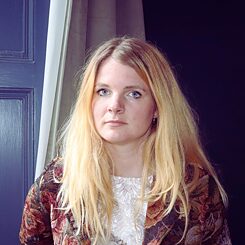May 2024
Christiane Ritter: A Woman in the Polar Night

A Woman in the Polar Night by Christiane Ritter, beautifully translated by Jane Degras for Pushkin Press, offers a mesmerizing glimpse into the raw beauty and unforgiving challenges of life on a remote Arctic island. Readers who found solace and inspiration in Amy Liptrot's memoir The Outrun will undoubtedly enjoy this account of adventure, survival, and profound self-discovery set against the backdrop of the Arctic wilderness.
What draws people to the outskirts of society, to seek solitude in a landscape mostly untouched by human kind? As a young woman growing up I’ve always felt a kinship with adventurous souls, outlaws and misfits who carve their own path, trying to find themselves in nature. To figure out what constitutes life without the social constructs we’re all used to. I would devour Jack London’s The Call of the Wild and Jon Krakauer’s Into the Wild after watching the nowadays cult-classic film based on Krakauer’s book.“Happiness only real when shared”, is one of those lines from the film that to this day is heavily quoted by backpacking Millennials in hostels around the world and a mantra I hold dear to my chest. However, while my youth was dominated by tales of male exploration I always wondered if there were also women out there who yearned to go into the wilderness, too?
A Woman in the Polar Night provides one of these missing perspectives, shining a spotlight on the overlooked experiences of women in the wild.
In 1934 the Austrian painter Christiane Ritter accompanies her husband, a seasoned hunter and adventurer, to live in a wooden hut on the island of Spitzbergen. She thinks it will be a year of rest and relaxation, reading books and cosying up by the fire but she is quickly confronted with the reality of living on an isolated island in the Arctic.
“You must live through the long night, the storms, and the destruction of human pride. You must have gazed on the deadness of all things to grasps their livingness. In the return of light, in the magic of the ice, in the life-rhythm of the animals observed in the wilderness, in the natural laws of all being, revealed here in their completeness, lies the secret of the Arctic and the overpowering beauty of its lands.”, she writes and with each page, we are drawn deeper into the rhythms of life in the Arctic. Her observations are sharp and poetic, transporting the reader to a realm where time seems to stand still, and the boundaries between humanity and nature blur into insignificance.
Similar to Amy Liptrot's The Outrun which chronicles one woman's journey to sobriety amidst the rugged landscapes of Orkney, Ritter's narrative explores the transformative power of solitude and communion with nature. While Liptrot is returning to herself in the landscape she grew up in “my life was rough and windy and tangled. Growing up in the wind leaves you strong, sloped and adept at seeking shelter.”, Ritter will later say “a year in the Arctic should be compulsory to everyone. Then you will come to realise what’s important in life and what isn’t.” Both books offer compelling insights into the ways in which the wilderness shapes the human spirit and fosters a profound sense of self-awareness. And it reminds me of something Joan Didion once said: “Don’t you think sometimes people are formed by the landscape they grow up in?”
At its core, A Woman in the Polar Night is a testament to the resilience of the human spirit. “Our hearts are light, our minds are in a permanent state of elevation. Nature seems to contain everything that man needs for his equilibrium,” Ritter writes having just survived an arctic storm. Despite facing unimaginable hardships and adversity, she emerges from her Arctic sojourn with a newfound sense of strength and inner peace, inviting us to contemplate the timeless question of what it means to truly live.
Glasgow library: The English title A Woman in the Polar Night is available in our library.
